Bio NPK
Azoto (Azotobacter): A nitrogen-fixing bacteria that supplies nitrogen to crops, promotes root growth, and improves soil fertility naturally.
PSB (Phosphate Solubilizing Bacteria): Converts insoluble phosphorus into a form plants can absorb, boosting root and flower development.
KSB (Potassium Solubilizing Bacteria): Makes natural potassium available to plants, improving stress resistance, crop quality, and yield.
Description
1. Azoto (Azotobacter):
Azotobacter is a free-living nitrogen-fixing bacteria found in the soil. It converts atmospheric nitrogen into a usable form (ammonia) for plants, helping improve crop yield naturally.
Key Benefits:
Supplies nitrogen to non-leguminous crops (like wheat, rice, maize)
Promotes root growth and plant vigor
Enhances soil microbial activity and fertility
Reduces the need for synthetic nitrogen fertilizers
2. PSB (Phosphate Solubilizing Bacteria):
PSB are beneficial bacteria that convert insoluble phosphorus (like rock phosphate) into a soluble form that plants can absorb easily.
Key Benefits:
Increases phosphorus availability in soil
Boosts flowering, root development, and fruit formation
Improves fertilizer use efficiency
Reduces dependency on chemical phosphorus fertilizers like DAP/SSP
3. KSB (Potassium Solubilizing Bacteria):
KSB release soluble potassium from minerals like mica and feldspar, making it available to plants.
Key Benefits:
Enhances plant resistance to drought, diseases, and stress
Improves crop quality (size, color, taste)
Supports fruit development and overall yield
Reduces use of chemical muriate of potash (MOP)
🌱 Overall Use:
Azoto, PSB, and KSB are commonly used in organic farming, biofertilizers, and soil conditioners to promote sustainable, chemical-free agriculture.
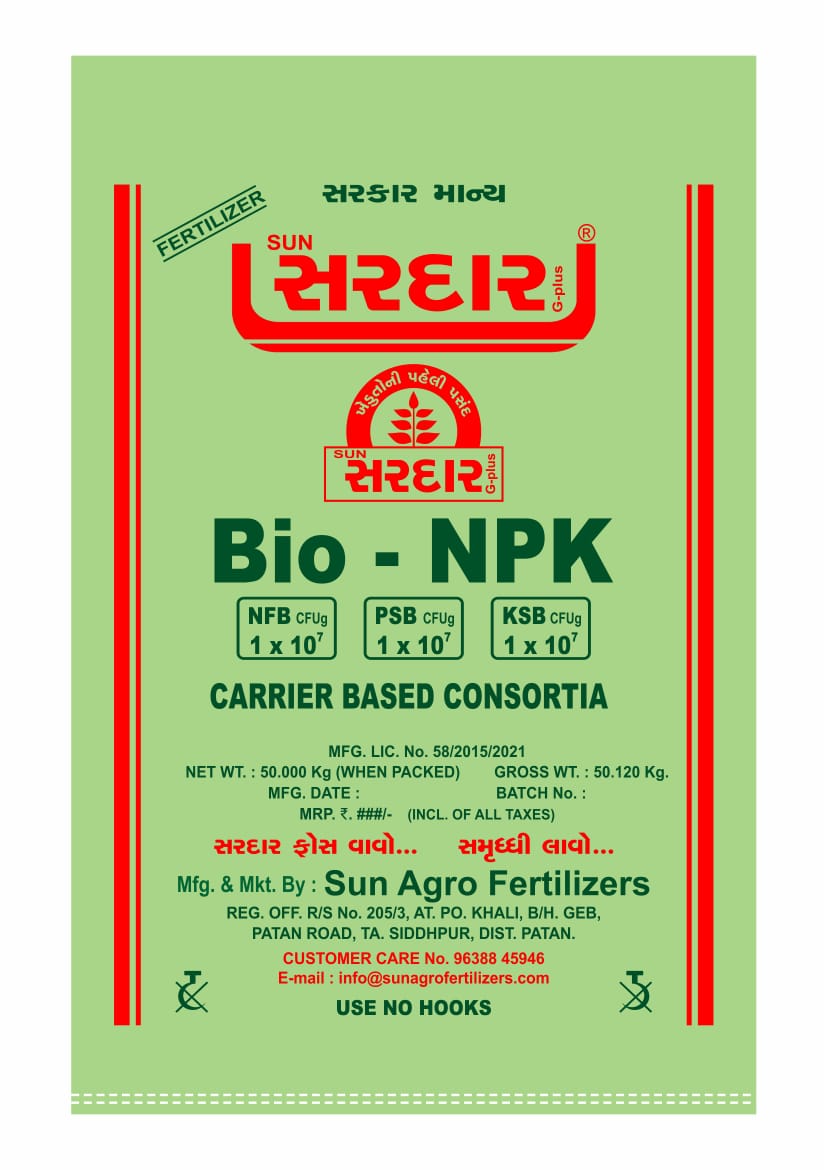
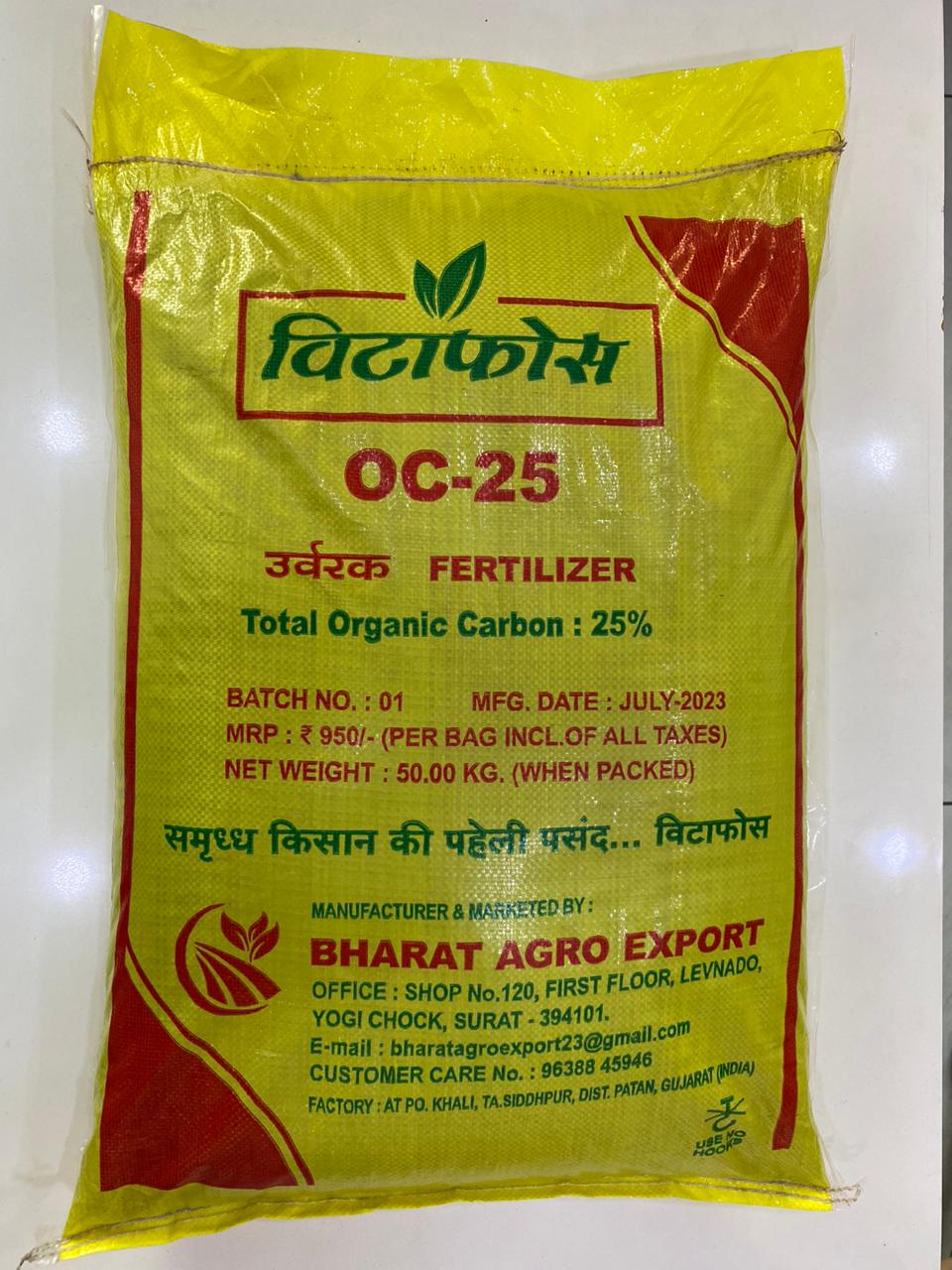
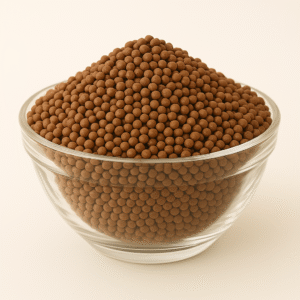
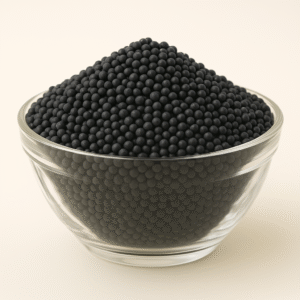
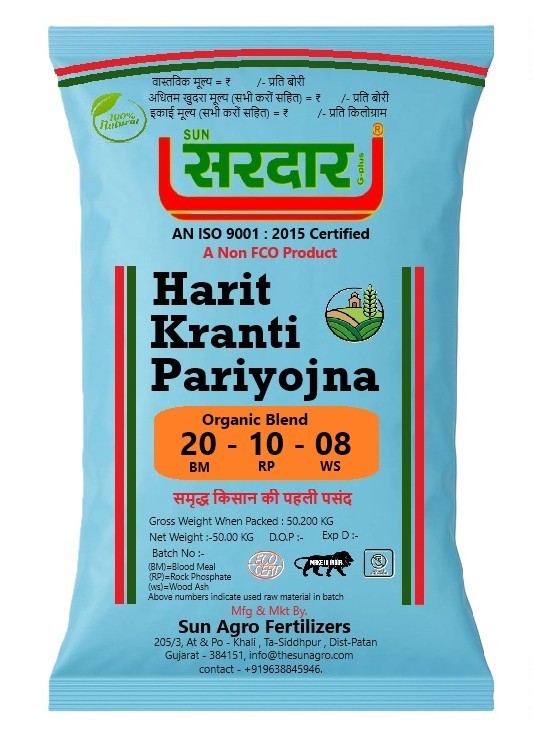
agrul
Faucibus auctor mauris nisi consectetuer, eget viverra nec arcu, libero consectetuer mollis velit mi phasellus, quisque velit. Laoreet orci porta consequat ante, est pellentesque felis lacus sed et, eu ac arcu leo, donec placerat. Ultrices purus mattis cum morbi velit, pharetra pretium amet cubilia a. Sed sit ac orci justo fringilla, nonummy in etiam tristique iaculis, in ipsum egestas eu neque ultrices nam, quis sollicitudin rutrum, tellus justo pede